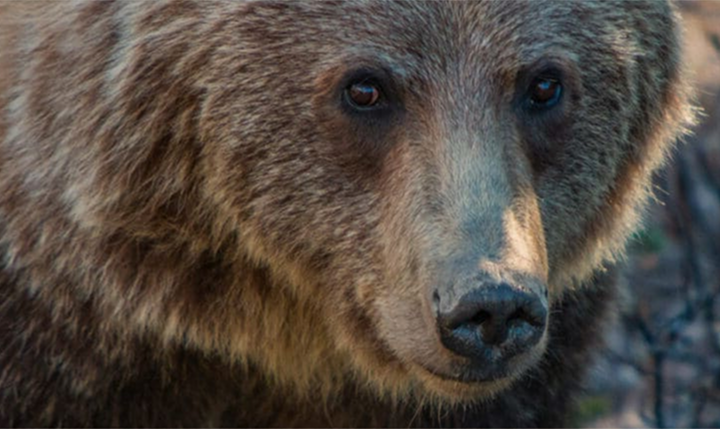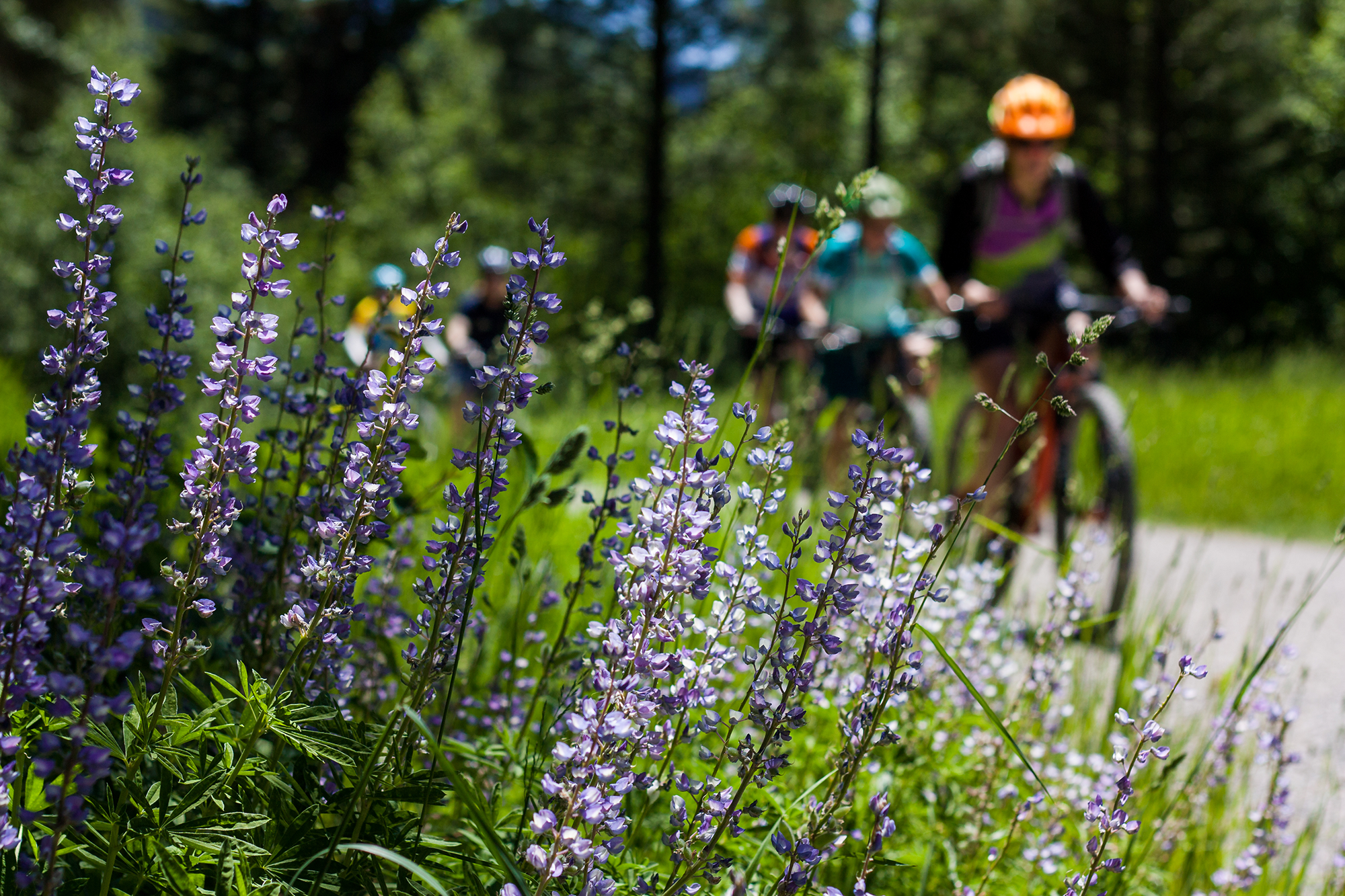Short film highlights the connection between saving mountain caribou and Indigenous culture in northern British Columbia
Last updated August 2024
Can you believe that less than 10 years ago, mountain caribou in northern British Columbia’s (B.C.) Peace region were on the brink of extinction?
“It was 16 caribou that sparked this epic journey,” said Naomi Owens-Beek, speaking about caribou recovery efforts during the July 7, 2021 online premiere of the short film Caribou Homeland. “Humans caused the decline of the caribou, and as stewards of the land we felt it was our obligation to help this species.”
Naomi is a member of, and Treaty Rights and Environmental Protection Director for, Saulteau First Nations. She has helped lead caribou recovery efforts in Treaty 8 traditional territory for nearly a decade.
Given that, she was also the perfect voice to tell the story of saving mountain caribou as the narrator in this new film.
As Naomi described it, the plight to save mountain caribou has truly been a journey — one that has taken many years and a tremendous amount of work to achieve, especially on the part of local Indigenous communities.

Due to Indigenous-led conservation efforts, including the maternal penning program, and a historic partnership agreement unfolding, the Klinse-za caribou herd reached nearly 112 animals in 2021. And in 2024, the herd has grown to nearly 200 caribou.
Caribou Homeland celebrates a vision realized, but also forges a path forward for saving and recovering other caribou herds and endangered species in B.C. and beyond.
“People love the places they live and have deep and meaningful connections to creatures that are imperiled because of our actions,” said filmmaker, biologist and photographer David Moskowitz during the premiere. “I think this story is hopefully a great inspiration for people to care about caribou and support this work, but also for people to take action where they live.”
We at Y2Y were inspired by the hundreds of people who logged onto Zoom on a beautiful summer evening in 2021 to show their support for this work. In fact, more than 650 people registered, and of those who attended, we saw 20 international viewers from Great Britain, to Japan, India, Ecuador, and all of the countries and continents in between.
When asked why it’s important to share this story widely, Naomi said it helps people be part of the solution — that regardless of where you are from, it’s important to know what the caribou are facing, what they need, and to see the good happening with this project.
“This conservation effort isn’t being driven by fear or anger, but by love and respect. At the end of the day, I think love is a much stronger tool for garnering support,” added David.

Caribou Homeland follows David’s first film covering these recovery efforts, Last Stand, which gives a look into the largest remaining inland temperate rainforest on Earth and how industrial development has pushed this ecosystem to the tipping point.
Taking in the stunning visuals of the vanishing caribou rainforest, you can’t help but feel the tremendous responsibility to do something. It’s certain these films have helped activate positive change for caribou and First Nations.
With the signing of a historic partnership agreement in February 2020 came the initial expansion of the Klinse-za/Twin Sisters park. In 2024, a milestone was reached: the park was expanded to 75 times its size — from 2,689 to more than 200,000 hectares — making it the largest expansion of protected areas in B.C. in a decade.
“This is a story of hope for mountain caribou, a story of the leadership of West Moberly First Nations and Saulteau First Nations as they stood up for treaty rights, for caribou, for the land, and brought a species back from the brink in their traditional territory.”
Tim Burkhart, Director of Landscape Protection, Yellowstone to Yukon Conservation Initiative
“This short film carries a really important message, a relentlessly positive message, in a time when these are really in short supply,” said Tim Burkhart, Y2Y’s director of landscape protection. “This is a story of hope for mountain caribou, a story of the leadership of West Moberly First Nations and Saulteau First Nations as they stood up for treaty rights, for caribou, for the land, and brought a species back from the brink in their traditional territory.”
It is more important than ever that we ensure our work is directly supporting Indigenous-led conservation. You can continue to be part of this story by supporting Indigenous-led conservation, sharing the film Caribou Homeland widely, and donating.
Yellowstone to Yukon Conservation Initiative Foundation (Y2Y) acknowledges the support of the Gencon Foundation, Liz Claiborne & Art Ortenberg Foundation, Mitsubishi Corporation Foundation for the Americas, Real Estate Foundation of British Columbia and the Sitka Foundation.






